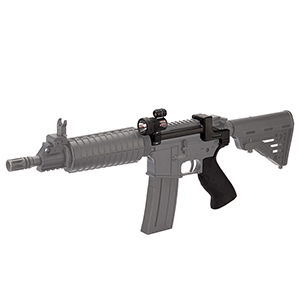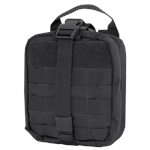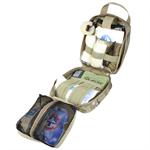Description
Drone Denial
The Drone Denial System is a 12v battery operated drone defence system. The system is an extremely light weight (3.5 pounds), handheld and mountable drone defence system that can be deployed in seconds. Our system creates an invisible and impenetrable shield that provides over ½ mile of vertical and horizontal protection from all commercially available drones using 2.4 and 5.8 GHz control frequencies.
When a drone attempts to fly into the protected airspace created by our system, our platform sends a signal that denies the drone operator, or the autonomous drone access or use of the operator control, as well as the video and telemetry systems, thus denying the drone access to the protected airspace.
Once a drone has lost access to the control and telemetric system, they are typically programmed to return to their initial take off position.
Our units can be deployed in many configurations:
- Handheld Units
- Vehicle Mounted
- Man-Packable Units
- Marine Vehicle Mounted Units
- Temporary Fixed Mounting
- Permanent Fixed Mounting
The system can be deployed in their IP66 rated enclosure and used in harsh environments, under any weather conditions.
The Drone Denial System is designed to protect any sensitive or secure facility or location, such as:
- Airports
- Sensitive Government Buildings
- International Borders
- Military Bases
- Correctional Facilities
- Power Stations
- Public Stadium
- Large Public Gatherings
The equipment can be deployed to protect any mobile or stationary location.
The system incorporates a purpose built 1 watt amplifier that is designed for jamming drones using the FASS or similar control protocols. The jamming signal terminates the drone pilot’s communication with the drones onboard control unit, as well as the video transmission and telemetry links. It also terminates the drones onboard video recording capabilities.
Our units are designed to operate from a single 12VDC power source. Our handle held unit consumes less then 0.5 Amps. Our system incorporates a 94mm panel antenna with a beam width of approximately 60 degrees. The power output for the transmitters can be adjusted in 1dBm increments by a software application. Output power can be reduced by up to 30dBm to meet operational constraints.








